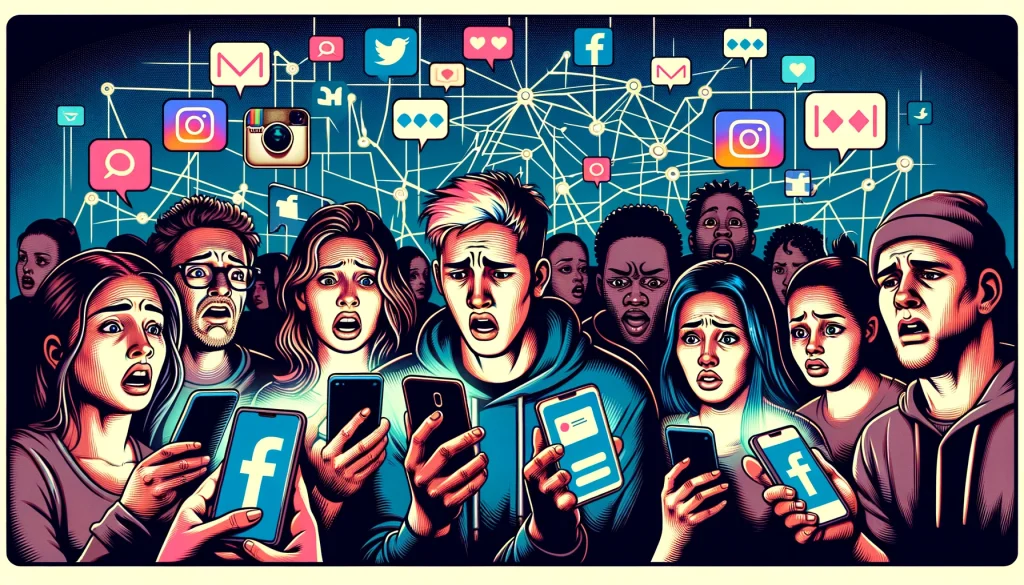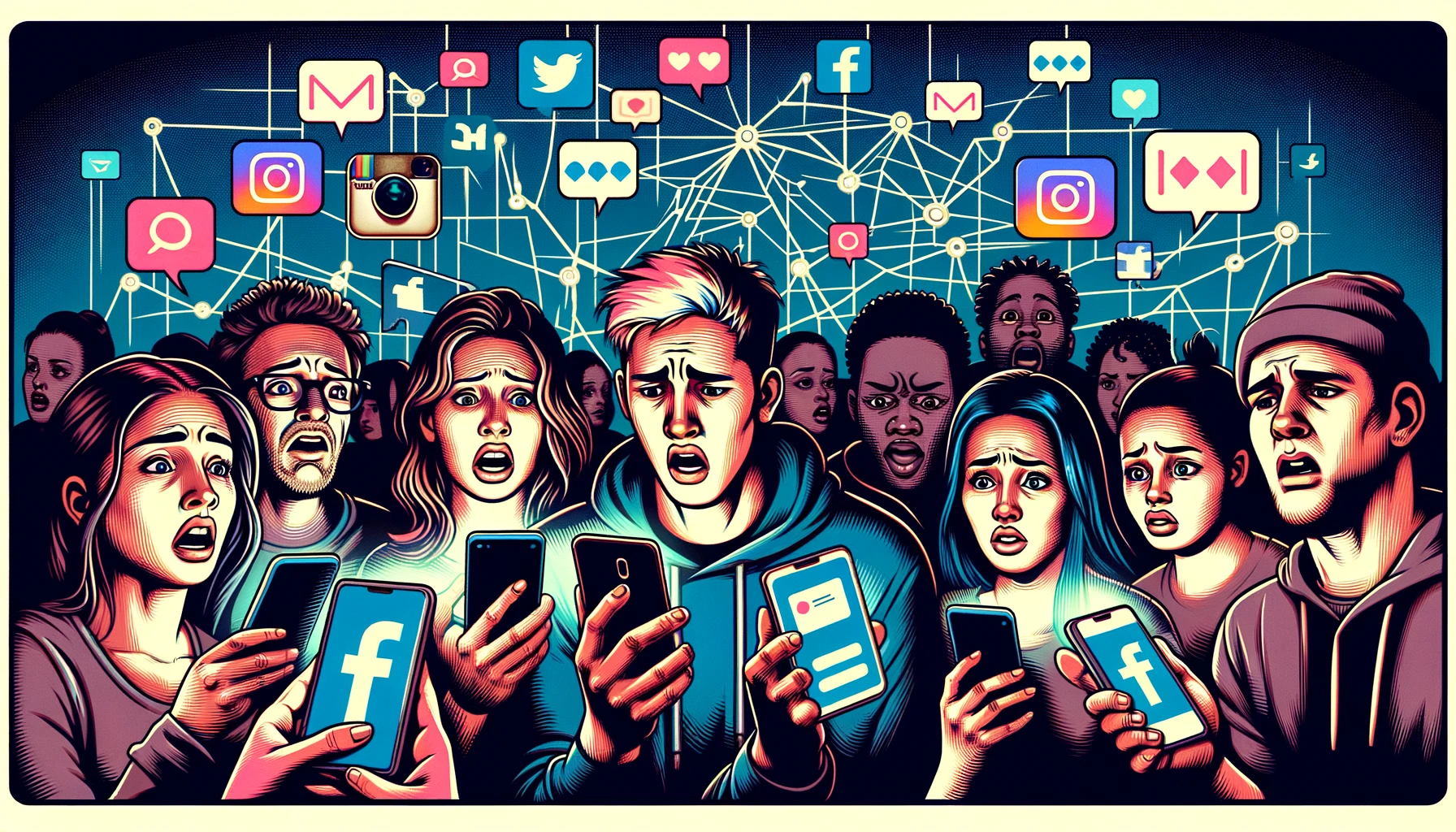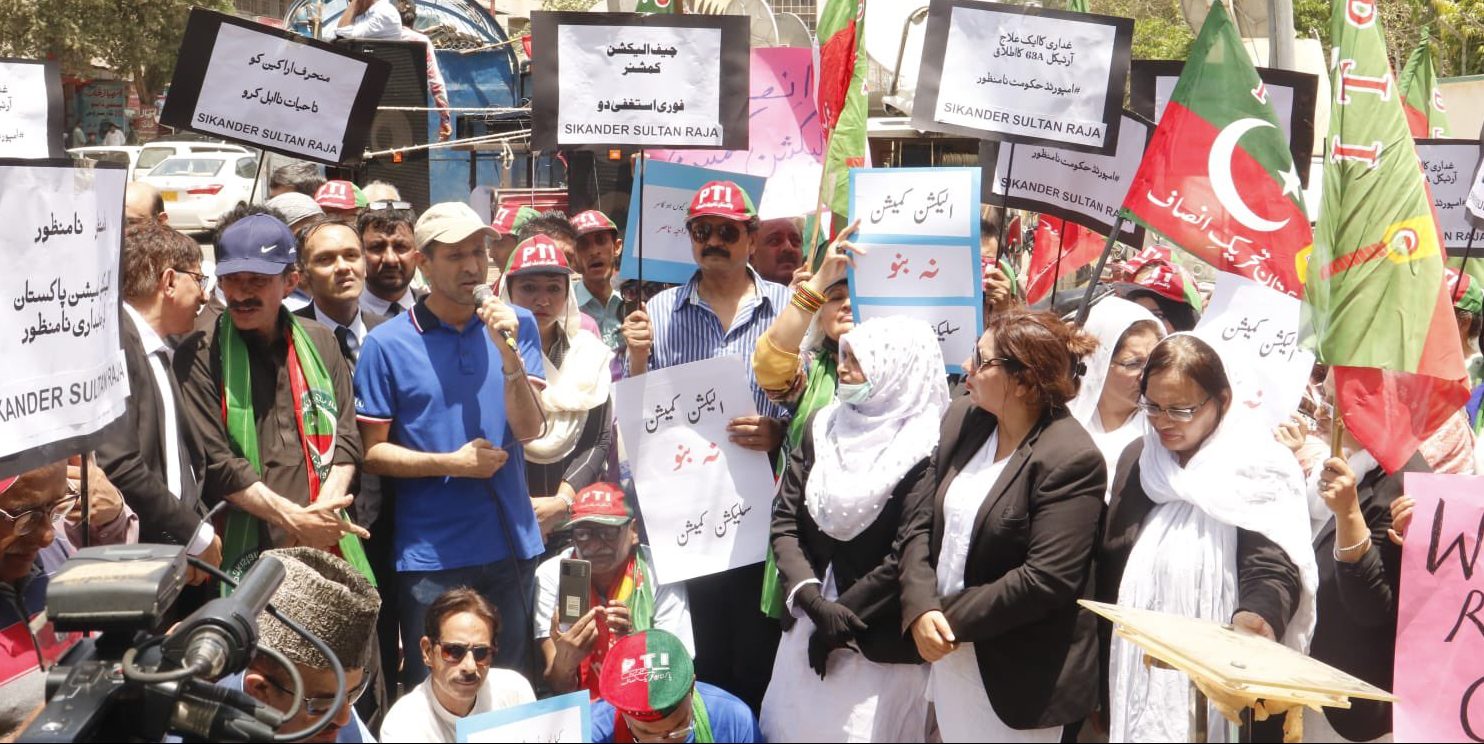The situation regarding the blocking of social media platform X (formerly Twitter) in Pakistan since February 17, 2024, as highlighted by Amnesty International and a coalition of human rights activists and civil society organizations, underscores a significant concern over digital censorship in the country. This action appears to have been taken following the resignation of former Rawalpindi commissioner Liaquat Chattha, who cited alleged “election rigging” in the Rawalpindi division, and subsequent to the disruption of mobile phone services on election day, February 8.
THE IMPACT ON DEMOCRACY AND DISCOURSE
Amnesty International, alongside a consortium of human rights defenders, has brought this issue to light, stressing the dire consequences of such internet and social media clampdowns. These measures not only muzzle diverse voices but also pave the way for misinformation, threatening the essence of democratic engagement and informed decision-making.
🇵🇰 PAKISTAN: It has been 29 days since the Government of Pakistan has blocked access to “X”, formerly known as Twitter, in the country.
Amnesty International is one of 28 civil society organizations that have signed a joint statement calling for immediate restoration of the…
— Amnesty International South Asia, Regional Office (@amnestysasia) March 16, 2024
A VEIL OVER AUTHORITY’S ACTIONS
The Pakistan Telecommunication Authority’s (PTA) silence on the matter raises alarm bells about the transparency and accountability of decisions that have far-reaching implications on civil liberties. The absence of clear communication regarding the ban’s rationale reflects a troubling disregard for public trust and governance standards.
THE VPN QUANDARY
Further complicating the landscape is the reported throttling of Virtual Private Networks (VPNs), a tactic that not only restricts access to information but also infringes upon individuals’ privacy rights. Amnesty International’s call to action seeks not just the reinstatement of Platform X but also the repeal of laws like Section 37 of The Prevention of Electronic Crimes Act (PECA), which empower censorship.
A CLARION CALL FOR CLARITY AND COMMITMENT
The demand for a detailed explanation behind these digital blockades and a pledge to respect freedom of expression underscores the need for a principled stand against censorship. It’s a call for future governance to prioritize open dialogue, the unhampered flow of information, and the right to privacy, thereby ensuring a resilient democratic process.
As the nation stands at a crossroads, the efforts of Amnesty International and like-minded activists fighting through legal avenues highlight a pivotal moment in the struggle for digital rights. This battle, though centered in Pakistan, echoes a global challenge in preserving the sanctity of our digital commons.
As Pakistan enters its fourth week of nationwide disruption to social media platform X, the actions of Amnesty International and other activists in challenging this censorship through court battles highlight the ongoing struggle for digital rights and freedom of expression in the country.



















